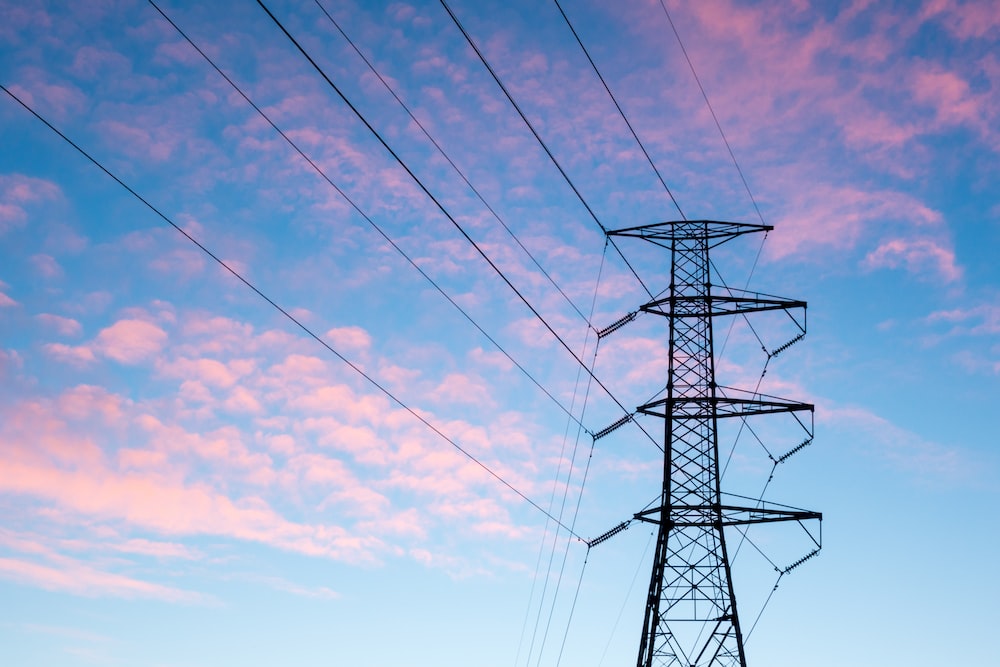noticias
Quality Control in DC-DC Converter Manufacturing: The Role of the Factory
Autor: Módulo de potencia ZYG Time: 2023-3-31
Quality control is an essential aspect of any manufacturing process, and DC-DC converter manufacturing is no exception. DC-DC converters are electronic devices that convert DC voltage from one level to another, and their quality is critical in many applications, including telecommunications, data centers, and medical devices. The role of the factory in ensuring the quality of DC-DC converters cannot be overstated, as they are responsible for implementing and monitoring quality control measures throughout the production process.
In this article, we will discuss the role of the factory in quality control in DC-DC converter manufacturing, including the measures they take to ensure that the products meet the highest quality standards.

Quality Control Measures in DC-DC Converter Manufacturing
The quality of a DC-DC converter depends on several factors, including the selection of components, design, assembly, and testing. The factory must ensure that each of these steps meets the required quality standards to produce a reliable and durable product.

Component Selection
The first step in ensuring quality is selecting the right components for the DC-DC converter. The factory must work with reputable suppliers and choose components that meet the required specifications. Components that do not meet the specifications can result in a faulty product, leading to increased failure rates and warranty claims.
Design and Assembly
The design of a DC-DC converter must be optimized for its intended application, and the assembly process must be carefully controlled to ensure consistency and reliability. The factory must follow a strict set of guidelines to ensure that the design and assembly meet the required standards.
Testing
The final step in quality control is testing the DC-DC converter to ensure that it meets the required specifications. The factory must perform various tests, including functional testing, electrical testing, and environmental testing, to ensure that the product is reliable and durable.
Role of the Factory in Quality Control
The factory plays a crucial role in quality control in DC-DC converter manufacturing. They are responsible for implementing and monitoring quality control measures throughout the production process to ensure that the products meet the highest quality standards.

The following are some of the roles that the factory plays in quality control in DC-DC converter manufacturing:
Implementing Quality Management Systems
The factory must have a robust quality management system in place to ensure that all processes are controlled and documented. This includes processes for component selection, design and assembly, and testing. The factory must also establish procedures for handling non-conforming products, including identification, quarantine, and disposition.
Conducting Quality Audits
The factory must conduct regular quality audits to ensure that the quality management system is working effectively. Audits can identify areas of improvement and help to prevent quality issues from occurring. Audits can also provide insight into the effectiveness of quality control measures and help to identify areas for improvement.
Supplier Quality Management
The factory must work closely with suppliers to ensure that the components they provide meet the required specifications. This includes establishing a supplier qualification process, conducting regular supplier audits, and ensuring that suppliers have adequate quality control measures in place.
Design and Assembly Control
The factory must ensure that the design and assembly process are controlled and consistent. This includes establishing clear work instructions, training employees, and monitoring the process for deviations. The factory must also have a process for identifying and correcting design or assembly issues that arise.
Testing and Inspection
The factory must conduct thorough testing and inspection to ensure that the products meet the required specifications. This includes functional testing, electrical testing, and environmental testing. The factory must also establish procedures for handling non-conforming products identified during testing and inspection.
Conclusion
Quality control is critical in DC-DC converter manufacturing, and the factory plays a vital role in ensuring that the products meet the highest quality standards. The factory must implement and monitor quality control measures throughout the production process, including component selection, design and assembly.
informacion relevante
-
2023-9-30
DC to DC Power Supply Module: Efficient and Reliable Energy Conversion Solution
Introduction In the modern world, the demand for efficient and reliable energy conversion solutions has never been higher. In various industries, such as telecommunications, automotive, and renewable energy, the need for stable and regulated power supply is critical. DC to DC power supply modules play a crucial role in meeting these demands by converting the input voltage to the desired output voltage with high efficiency and reliability. This article will explore the features, advantages, and applications of DC to DC power supply modules. Features of DC to DC Power Supply Modules DC to DC power supply modules possess several features that make them an ideal choice for energy conversion. These modules are compact in size, making them suitable for applications...
Ver detalles -
2023-5-15
Can you convert 12V AC to 12V DC?
Yes, it is possible to convert 12V AC to 12V DC. This process involves the use of a device called a rectifier, which is designed to convert AC voltage to DC voltage. A rectifier works by using diodes to convert the incoming AC voltage into a pulsating DC voltage. This pulsating DC voltage can then be further processed by a smoothing capacitor, which filters out the pulsations and provides a steady DC voltage output. There are two main types of rectifiers used to convert AC to DC: half-wave rectifiers and full-wave rectifiers. A half-wave rectifier only allows half of the incoming AC waveform to pass through, while a full-wave rectifier allows the entire waveform to pass through. Full-wave rectifiers are...
Ver detalles -
2023-6-8
The DP Series DC-DC Converter is a highly efficient and reliable device that is widely used in various industrial and commercial applications. This converter is designed to convert a DC voltage from one level to another, providing a stable output voltage that is suitable for powering various electronic devices. One of the most important features of the DP Series DC-DC Converter is its high efficiency. This converter has a conversion efficiency of up to 95%, which means that it wastes very little energy during the conversion process. This high efficiency makes it an ideal choice for applications where power consumption is a critical factor. Another important feature of the DP Series DC-DC Converter is its wide input voltage range. This...
Ver detalles -
2023-4-19
How to Build an AC-DC Power Supply
Building an AC-DC power supply is a useful skill for anyone who wants to create their own electronic devices. AC-DC power supplies are used in a wide range of applications, from powering small electronic devices to providing the necessary voltage for larger projects. In this article, we will go through the steps to build an AC-DC power supply. Step 1: Planning Before you start building the power supply, you need to decide what voltage and current ratings you require. You should also decide if you want a regulated or unregulated power supply. A regulated power supply provides a constant voltage output, while an unregulated power supply output varies with changes in input voltage and load. Step 2: Choosing a Transformer...
Ver detalles -
2023-7-12
AC DC Converter SPM Series: Efficient Power Conversion for Your Electronics
Introduction: In today's digital age, electronic devices have become an integral part of our lives. From smartphones to laptops, from televisions to refrigerators, we depend on these devices for our daily activities. However, all these devices require power to function, and that's where AC/DC converters come into play. The SPM Series AC/DC converter is a cutting-edge solution that offers efficient power conversion for your electronics. Let's delve deeper into its features and benefits. Efficiency and Reliability: One of the key features of the SPM Series AC/DC converter is its high efficiency. With an efficiency rate of up to 95%, the converter minimizes power loss, resulting in lower energy consumption and reduced electricity bills. Its advanced design ensures stable and reliable...
Ver detalles -
2022-8-15
Si desea diseñar un módulo de potencia, ¿qué aspectos deben tenerse en cuenta?
Si es ingeniero técnico de fuente de alimentación conmutada, no necesita leer la introducción del módulo de potencia. Cuando todavía es un novato o está aprendiendo a diseñar microcontroladores, es mejor mirar palabra por palabra. Los beneficios de elegir un módulo de potencia En la actualidad, diferentes distribuidores han lanzado una variedad de diferentes módulos de potencia en el mercado de ventas, pero el voltaje de trabajo, la potencia, la función y la topología de los diferentes productos no son los mismos. La elección de un módulo de potencia ahorra tiempo de diseño de desarrollo y permite una comercialización rápida, por lo que se prefiere un módulo de potencia a una solución integrada. 1. Cada módulo de control se puede probar rigurosamente en varios aspectos para garantizar que su relación de aspecto sea confiable,...
Ver detalles


















